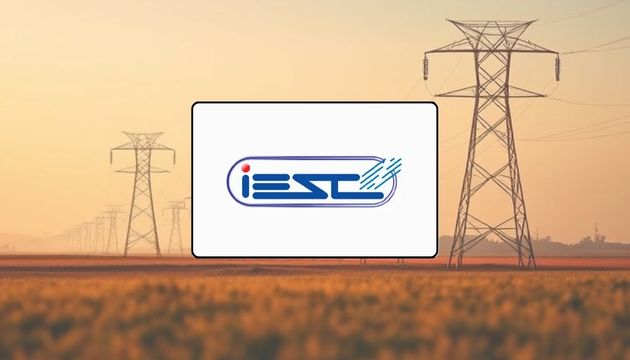ISLAMABAD: The head of Islamabad Electric Supply Company (Iesco), Muhammad Naeem Jan, announced that all arrangements are in place to provide a steady power supply during the Eid-ul-Adha 2025 holidays.
According to the report, Senior officers and staff will be present at the Central Control Room to manage the electricity supply and demand on feeders. Teams are ready to quickly address any issues related to individual complaints or transformer problems.
The Iesco chief asked consumers not to throw animal waste near electrical equipment, as it attracts birds and animals, which can cause power faults and disruptions. Consumers can report issues using the contact numbers on their electricity bills, Iesco’s helpline 118, SMS service 118, or the Complaint and Monitoring Cell at 051-9252933 and 051-9252934.
Separately, the Water and Sanitation Agency (Wasa) cleared its dues by paying Rs1.9 billion to Iesco and Rs1.5 billion to the Capital Development Authority (CDA), with support from the provincial government.
Wasa’s Managing Director, Saleem Ashraf, told a private media outlet that the agency had asked the provincial government for financial help to settle these debts.
The Rs1.98 billion owed to Iesco was for electricity supplied to 480 tube wells in the city and the Rawal Dam filtration plant over the past two years. Wasa struggled to pay these bills due to limited income during that time.
— ALSO READ —
Good news for Islamabad: Metro bus fare increase cancelled
For the CDA, Wasa owed Rs1.59 billion for the past 16 years, related to its share of operating and maintaining the Khanpur Dam Filtration Plant in Sangjani.
Ashraf explained that last year, Wasa lacked the funds to pay its share to the CDA and sought help from the provincial government to clear the amount. He noted that Wasa receives 6 million gallons of water daily from Khanpur Dam and shares the operational and maintenance costs with the CDA.
Wasa’s Managing Director said the agency paid Rs1.9 billion to Iesco for electricity and Rs1.5 billion to CDA for the Khanpur plant’s operations.
Regarding Wasa’s budget, Ashraf said the agency plans to finalize its annual budget next month and expects to have a surplus this year. With the financial aid from the Punjab government, the money collected from water and sewerage bills will be used to improve the city’s water supply system.
Ashraf added that Wasa aimed to collect Rs2.371 billion this fiscal year and has already recovered Rs3 billion. He expects collections to increase further in June.
— ALSO READ —
Govt plans rail link to boost trade with Central Asian states
In the 2023-24 fiscal year, Wasa set a target of Rs1.57 billion and collected Rs1.717 billion. For this fiscal year, the target was Rs2.7 billion, and the agency has already collected Rs3 billion in 11 months.
Ashraf said there are 134,681 consumers in the city, with 96,971 paying their bills. Recovery teams have been directed to ensure all consumers pay their bills.
He explained that a new recovery plan helped improve collections this year, with special teams targeting those who regularly fail to pay, without favoritism. He warned that consumers have until May 31 to clear their dues, after which Wasa will not waive late fees or offer installment plans.











